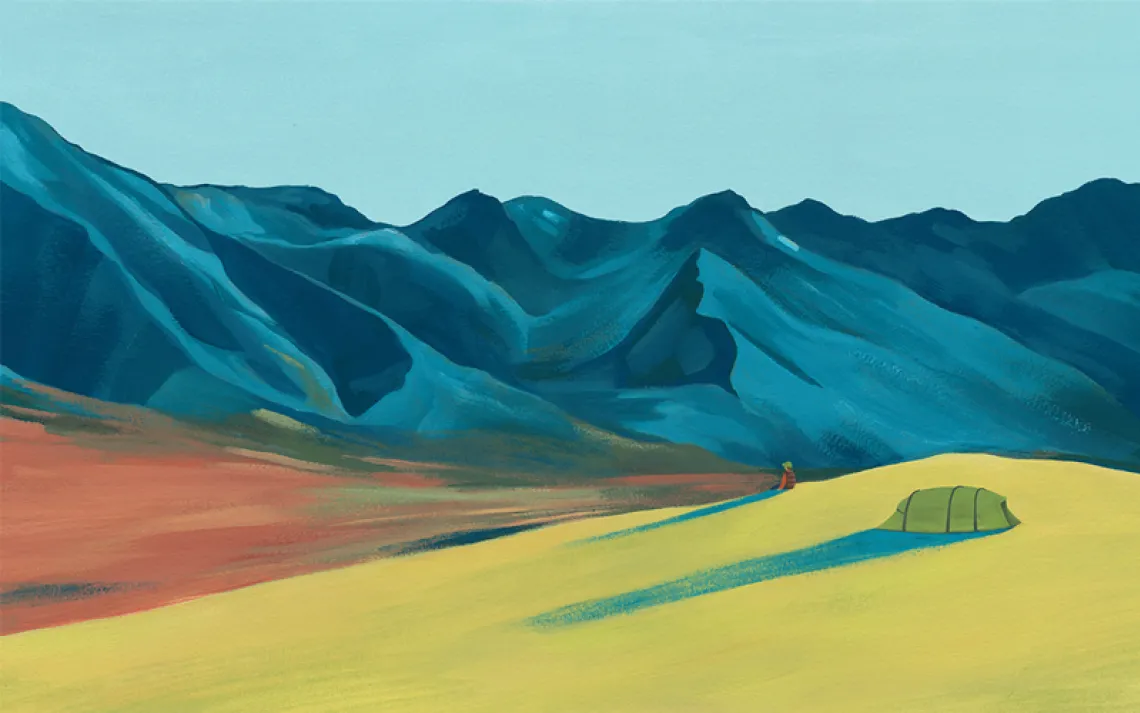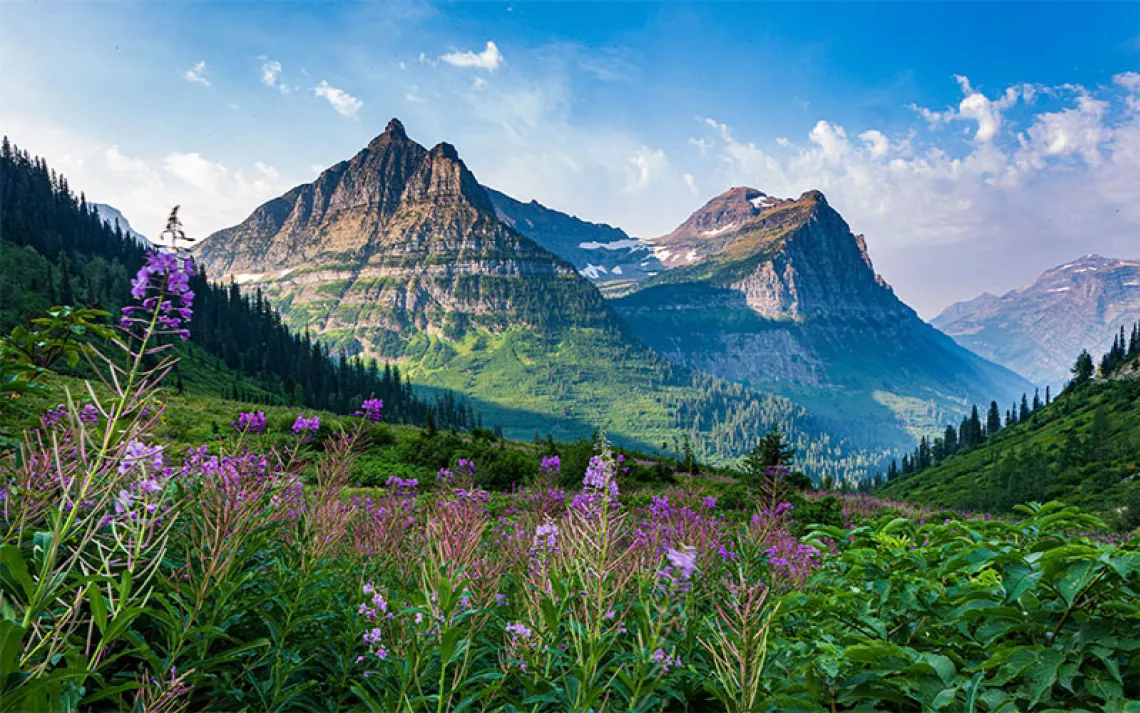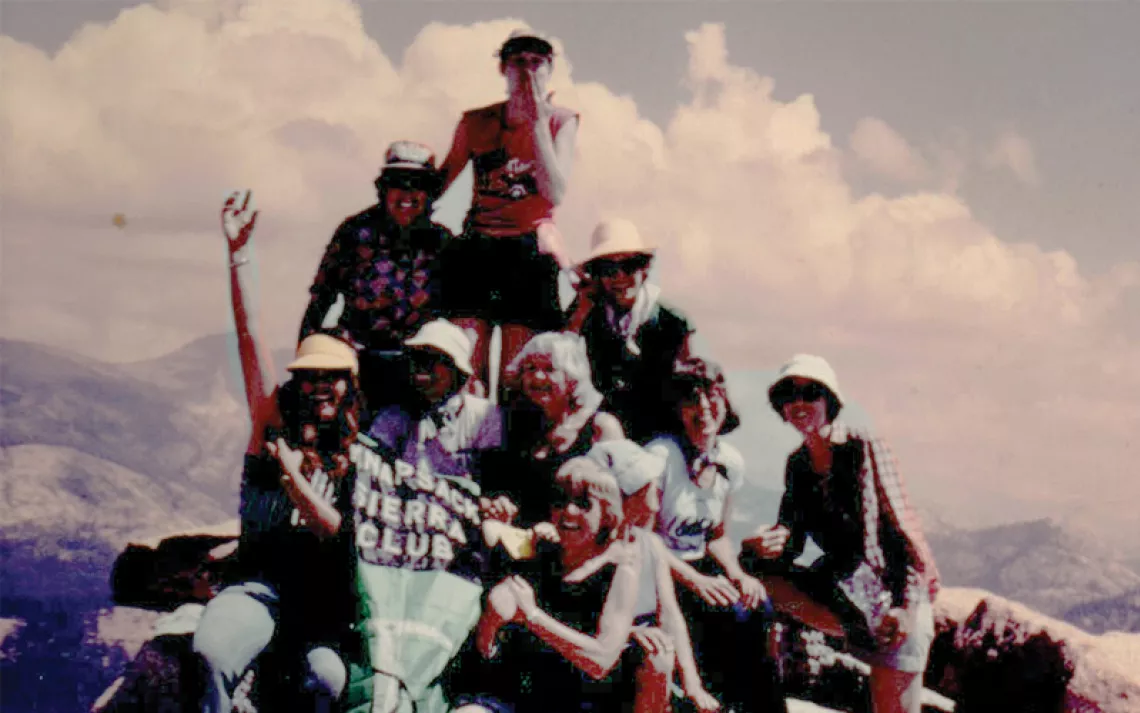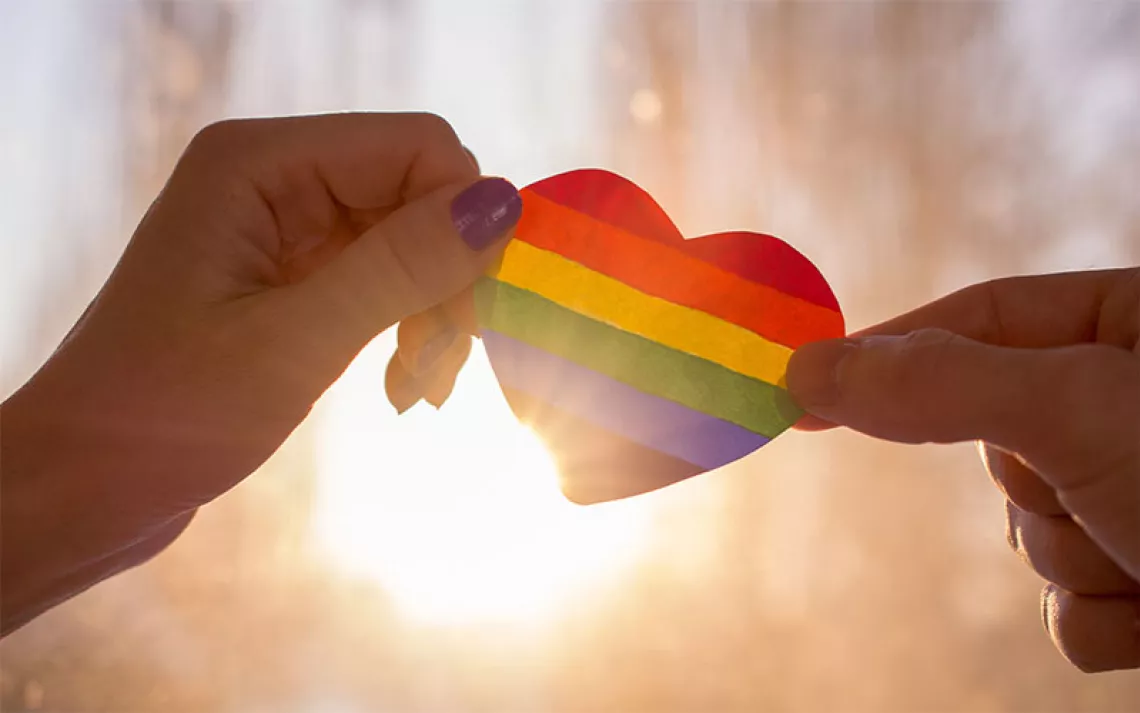A Lifelong Adventurer Tries to Come Back From Long Covid
Fanning the body's flame to coax it back from Covid's "acquired brain injury"
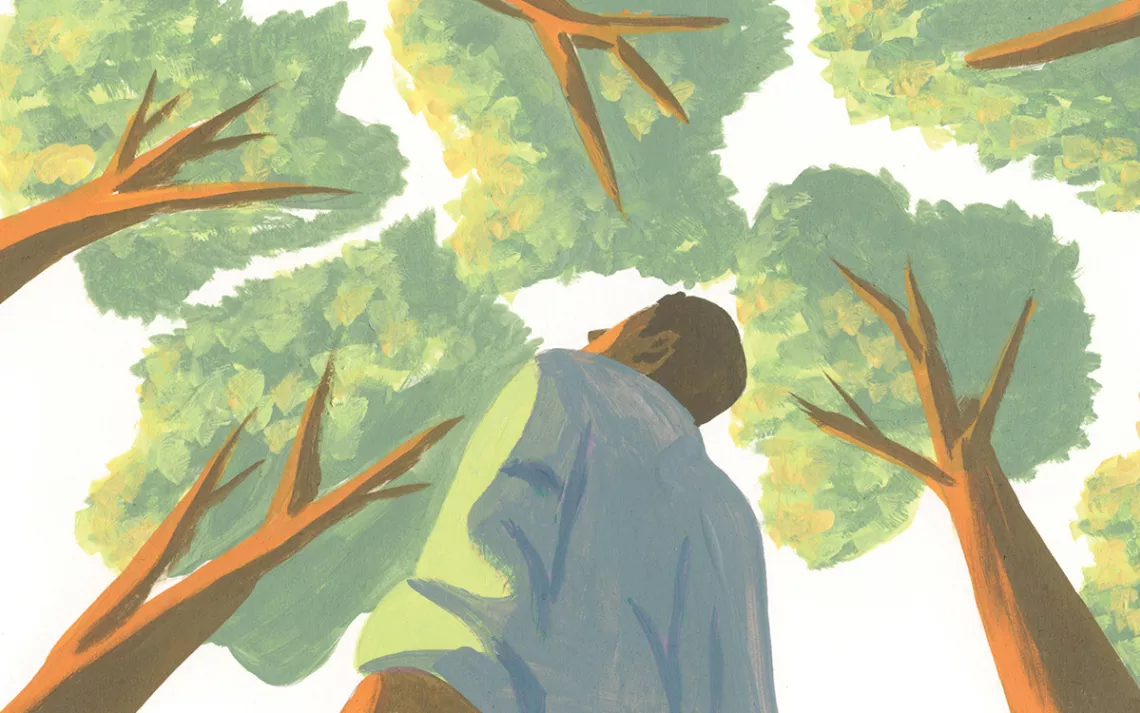
Illustration by Holly Stapleton
I've built my life and career around adventuring, the wilder and toothier the better. I never felt more alive than when I was skiing couloirs or tracking grizzlies. Then I learned that you can survive a pandemic and still have your life taken away. Long after my Covid infection, doctors had no answers for my eternal exhaustion, dizzyingly low blood oxygen, and randomly rocketing heartbeat. I lacked the strength and balance to walk the length of my driveway. While I was confined to my bed, my wife delivered meals on a tray and I watched birds and red squirrels outside my window.
Months slipped by, seasons floating away like campfire smoke. Would I ever get better? Were my affairs in order? I didn't have the heart to store the ski gear still on my bedroom floor where I'd last left it, unwilling to sever the connection to my past life.
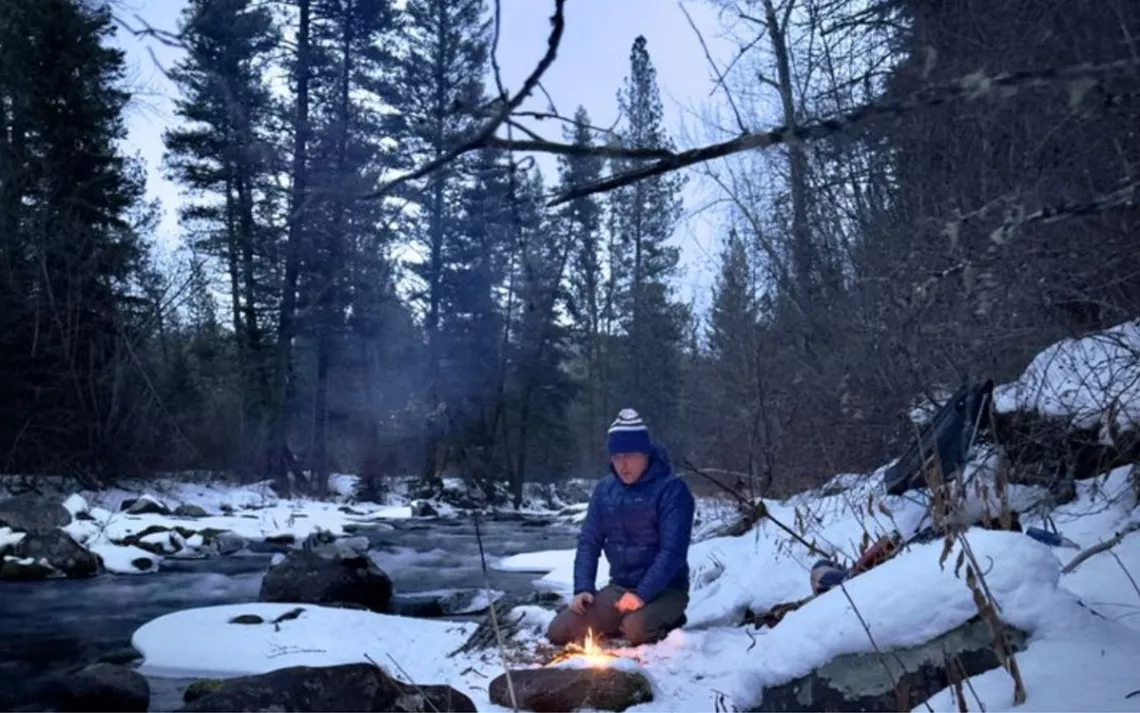
Aaron Teasdale
On good days, I would shuffle to a nearby creek, where I found comfort on a quiet sitting stone, watching purling waters flow. Clocks and calendars had no meaning; I noted time's passage through the rising and falling of the creek, the prismatic waving of wildflowers, the coming and going of birds. I pondered the possibilities of peace amid uncertainty—in six months' time, I could be healed, or dead. I found a measure of solace in knowing that the creek and forest and creatures within would be unconcerned with my absence.
One year after my infection—a milestone I tried not to contemplate—I went to the creek. There, in a copse of wild cottonwoods, I gathered damp, lichen-clothed sticks and carefully nursed a small fire. I sat quietly, peeling lichen and watching feeble yet mesmerizing flickers of fire, and resolved that I would direct every iota of my energy into fanning flames, internal and external, no matter how imperfect the fuel. I decided then that I didn't want to waste whatever life remained for me on sadness or anger. I wanted to appreciate as deeply as possible my family, my breath, the beauty of this creek and forest.
I began making small fires whenever I was well enough. My experience with them felt primal, even healing. I was learning that what I and many others with long Covid had was a kind of "acquired brain injury" that targets the nervous system. I read everything I could find about the science of neuroplasticity and the ability of the brain to heal. I tried breath work, meditation, qigong, cold showers, and whatever else I could find to retrain my autonomic function and reregulate my nervous system.

Make every day an Earth Day
Get articles like this one sent directly to your inbox.
With this action you affirm you want to receive Sierra Club communications and may vote on policy designated by the Sierra Club Board.
With great care, I began walking into the hills behind my home. As my strength grew, I cautiously stepped into my Nordic skis again. Using all my neurocognitive techniques and skills, I soon found myself climbing other local hills and milking fading threads of spring snow. Those first euphoric downhill turns and jubilant encounters with harrier hawks and fresh lion tracks flooded my brain with healing, restorative neurochemicals. By June, I was skiing with wolverines in the highest reaches of greater Yellowstone, joyfully weathering alpine storms in the lee of boulders, and watching grizzly bears nurse cubs.
I still struggle cognitively. Headaches and recovery follow every exertion. But I continue to improve. I am more grounded now in each moment, in my breath and in my body, in my appreciation for the artistry that appears in the sky at day's end and the birds that sing at dawn.
The other day, I walked to my sitting stone and—the mind going to what it knows—prepared to sit and rest. Then I remembered. Smiling, I stepped atop the stone, standing tall to better see the creek, knowing that as long as my spirit inhabits this functioning body, I will drink deeply.
 The Magazine of The Sierra Club
The Magazine of The Sierra Club
